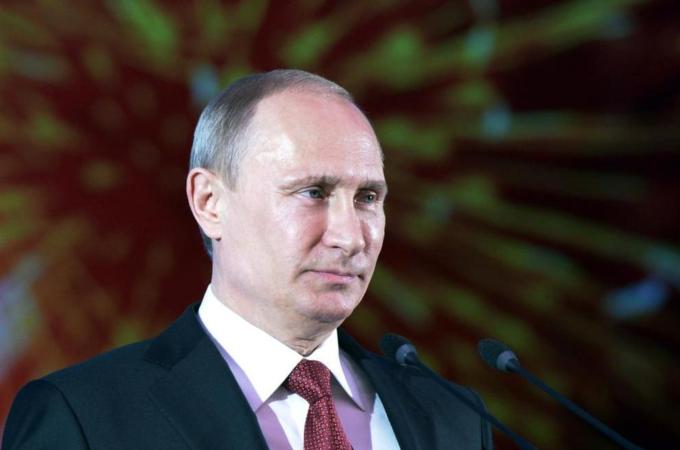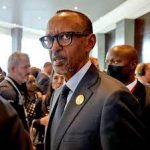The United States and Europe have agreed to impose sanctions on Russia if it tries to disrupt this month’s Ukrainian election, as Moscow stepped up pressure on its beleaguered neighbour by hinging future gas shipments on payments being made in advance.

The United States and Europe have agreed to impose sanctions on Russia if it tries to disrupt this month’s Ukrainian election, as Moscow stepped up pressure on its beleaguered neighbour by hinging future gas shipments on payments being made in advance.
US Secretary of State John Kerry, along with his German, French, British and Italian counterparts, on Thursday discussed possible sanctions, which would cover some of Russia’s largest sectors including mining and gas. A senior US official who attended the meeting told Reuters news agency that the next phase of sanctions against Russia would use “a scalpel rather than a hammer” to make its economy “bleed” through focusing on new investment in the sectors. “All ministers, led by Secretary Kerry, underscored that a free, fair election across Ukraine, including the east, on May 25 is absolutely essential,” a senior State Department official who spoke on condition of anonymity told reporters in London.
“There was broad unity in the room that if the elections are disrupted and Moscow’s hand is behind that, that we need to move to sanctions,” the official said. “There was no dissent on that subject.” The US and the EU have imposed several rounds of sanctions on individuals and some companies in an attempt to punish President Vladimir Putin for the annexation of Crimea and to halt any further interference in Ukraine. Western leaders have accused Putin of destabilising Ukraine by stoking rebellion in the Russian-speaking eastern areas, a charge Putin has denied.

“We have been pretty clear in being able to pinpoint and expose … when Moscow’s hand has been behind past disruptions so I would guess that would be relatively clear should it happen,” the US official said. Russia, which has annexed the southern province of Crimea, fell short of endorsing independence for Donetsk and Luhansk or their absorption into Russia. Russian foreign ministry spokesman, Alexander Lukashevich, said on Thursday: “I have not heard about any official request that has been received. Although, media has been talking about it very extensively.” Lukashevich said that the interim government in Kiev count not ignore the results and must enter talks with representatives of the regions.
Gas debt Meanwhile, Russian President Vladimir Putin, in a letter issued by the Kremlin on Thursday, said that gas shipments to Ukraine, which also feed western Europe, would not be made available unless advance payments were made. “Given the circumstances, the Russian company has issued an advance invoice for gas deliveries to Ukraine, which is completely in accordance with the contract, and after June 1 gas deliveries will be limited to the amount prepaid by the Ukrainian company,” Putin said in the letter, AP news agency reported. Besides handling a mutiny in the east, where pro-Russian separatists have seized administrative buildings, fought government troops and declared two regions independent following a Sunday referendum, Kiev’s young government is also struggling with a multi-billion dollar gas debt to Moscow.
“The Russian Federation is still open to continue consultations and work together with European countries in order to normalise the situation,” Putin said. Ukraine has said it could start paying off the debt if Moscow restored the gas discounts cancelled following the ouster of pro-Russian President Viktor Yanukovych. “We believe Ukraine has already made many concessions in the gas area, it is now time for Russia to make concessions,” Ukrainian Finance Minister Oleksandr Shlapak said. “The gas price has remained astronomically high,” Reuters reported him as saying. Ukraine said it could pay around $4bn by the end of May but stood by a demand for a much lower rate for supplies, the news agency said.
























